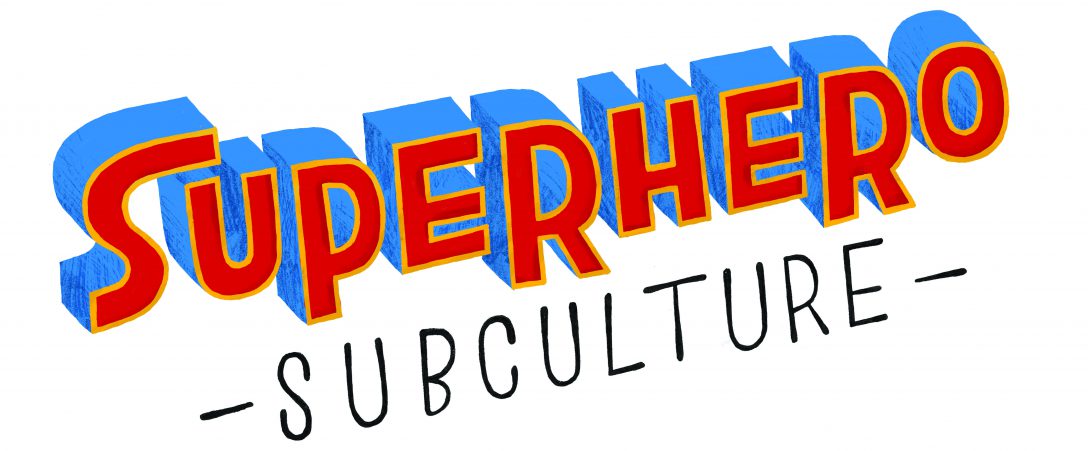
Continuing the focus on Captain America this month, this week’s column looks at what the mantle of Captain America means, and the difference between the meaning of this mantle, and the character of Steve Rogers himself.
This column comes from something I have been thinking about recently, given the passing of the shield to Sam Wilson, earlier Falcon and now the new Captain America, and the recent aging and then rejuvenation of Steve Rogers and his return to the frontline in comics. Obviously for quite a long time Captain America and Steve Rogers have been inseparable, and so to look at the differences between the title and the man have been difficult.
To me, the character of Captain America has largely been built on certain American ideals, such as liberty, freedom and justice. Over time, his role in comics has changed, in the earlier days of the character, his enemies were commonly enemies to America, such as the Nazi regime or Communist Russian and Chinese characters. While the enemies of HYDRA have continued to appear in the comics, the latter have reduced significantly, due to the globalisation of the market and the reach of comic books. As such, the meaning behind Captain America has changed also, going from an idealistic American soldier, to being a much more global character fighting for freedom, liberty and justice for all against tyranny and villainy in many forms. This has also been shown in the Marvel Cinematic Universe, particularly in Captain America: The Winter Soldier. In this film, there is a brief moment where we see a list that Steve Rogers has put together of things he needs to catch up on from his time being frozen, including films, music and other important events. However, as shown in the DVD extras on this film, the list seen on screen varied depending on where the film was being shown, with separate lists for the UK, US, France, Germany and Mexico to name a few. This has even been stated by some involved in the film to make Captain America a global hero, and try and remove the association that he only stands for Americans and American values.
However, there are some things that seem to be more evident as the views of Steve Rogers, and in my eyes the immediate thing that leaps to mind is his fear of corruption, especially in regards to those in positions of authority. This to me is evident from his stance in the Civil War storyline, but also from his own personal experiences. His refusal to agree to the Superhero Registration Act is largely based on his fears that this will make all the heroes in the Marvel Universe no more than Super Police, and therefore under the direct control of governments who may use them for their own ends. Again, this is shown in The Winter Soldier film through Steve’s anger at the notion of Project Insight, designed to deal with potential threats before they become a real problem.
Yet the most notable difference between Steve and the Sam Wilson version of Captain America, who embodies most of the ideas listed above, is the notion of leadership. While Steve both led his own side in the Civil War, and was largely seen as the leader of the Avengers for many years during his involvement, Sam Wilson has not been as active at leading. In the All New All Different Avengers, Sam seemingly acts as a second in command, allowing Tony Stark to take the role of true leader. In contrast, despite his radical aging, Steve remained the leader of the ‘Avengers Unity Squad’ in Uncanny Avengers, although not on the front lines.

The real difference was shown in the recent Standoff event, during which Steve has been returned to a more youthful state, allowing him to once again become an active part of the Marvel Universe. Moreover, Sam approached him to suggest that both of them should adopt the title of Captain America, as while Sam has been doing a good job, he felt that Steve’s leadership qualities were something he could not compete with. Personally, Steve Rogers was always a character I identified with, as he was a protector of people, and had been before he gained the superpowers that would turn him into the Captain America that many people now love and know. I am glad to see him returned to his own individual title, but expect there to be little change between his dynamic with Sam as the second Captain America in the Marvel Universe.


